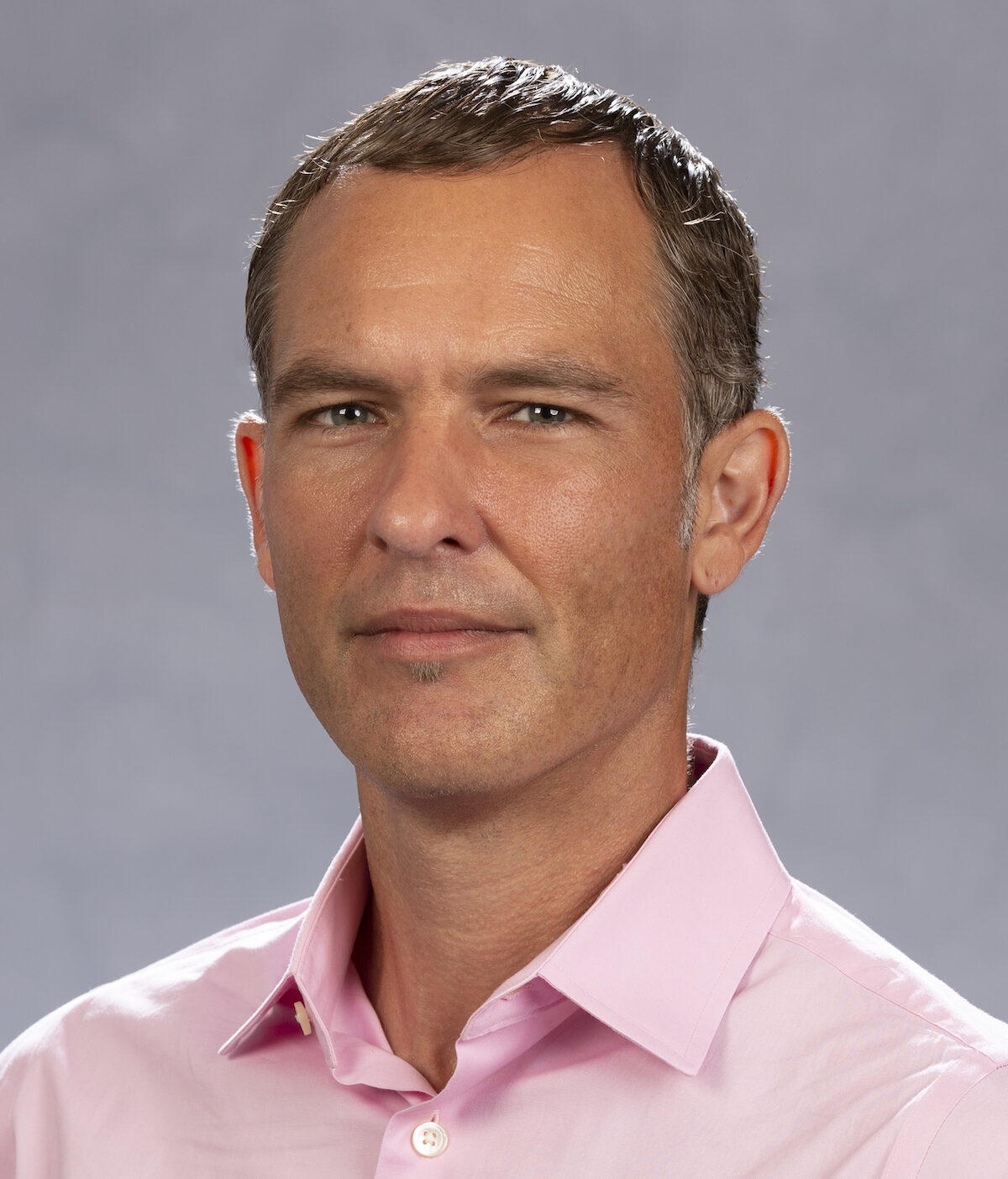Full Circle: From Watching the ESPYS to Researching Cancer in the Lab
Dr. Alejandro Villarino remembers the moment vividly, watching Jim Valvano’s iconic ESPYS speech live as a high school student.
“Even as a callous high school kid, I remember being moved by it,” he said. “I was a big sports fan. I was fully aware of him, and I understood it was a sad moment that this man that everybody loved fell ill with cancer.”
Today, that memory carries even more weight. Dr. Villarino is now a V Foundation for Cancer Research grantee at Sylvester Comprehensive Cancer Center at the University of Miami, funded through a partnership with the Miami Dolphins Foundation.
“For me, it’s incredible that this is the trio involved in this research. I’m from the University of Miami. I’m a lifelong Dolphins fan. I’m a big sports fan. So, for me, this is a real confluence of things that are important to me and that I genuinely care about.”

At the heart of his research is STAT3, a protein that when mutated, can drive T-cell blood cancers. “STAT3 is a protein that helps your immune cells talk to each other,” he explained. “There are over 150 mutations that have been identified in patients. Most of them we don’t know what they do.”
To tackle this, Dr. Villarino’s lab built a platform that allows researchers to test all known STAT3 mutations quickly. “We were able to build a platform that allows us to test every one of these mutations, and not just in a cell line but also in an animal,” he said. “It really allows us to link the molecular mechanisms that these mutations are driving to actual cancer development. That’s a very powerful tool.”
The impact of this technology could go far beyond just STAT3. By making it possible to test so many variants in a controlled and replicable way, his lab is laying the groundwork for a more flexible model of mutation analysis. This model could be applied to other genes with similar patterns. As more patient-specific mutations are discovered, tools like this could help identify which ones matter most and how they might influence treatment.
For Dr. Villarino, this is more than a research project. It is a personal and professional turning point. The V Foundation grant has not only helped him launch this new phase of his lab’s work but also opened a path into cancer research after years focused primarily on immunology. With this support, his team is better positioned to explore uncharted questions and build resources that others in the scientific community can use.
The connection to Valvano’s legacy brings Dr. Villarino’s story full circle. What once felt like a powerful moment on TV is now tied directly to his mission. The inspiration he drew from that speech as a teenager is now fueling real-world efforts to better understand cancer and create tools that will lead to more effective treatments in the future.




